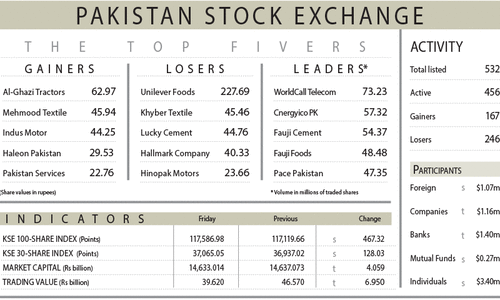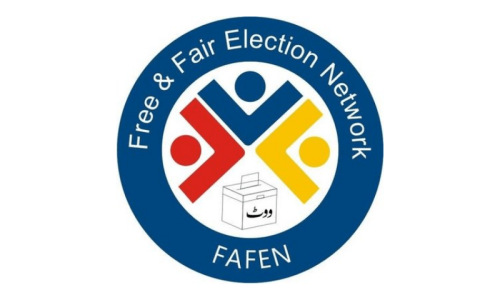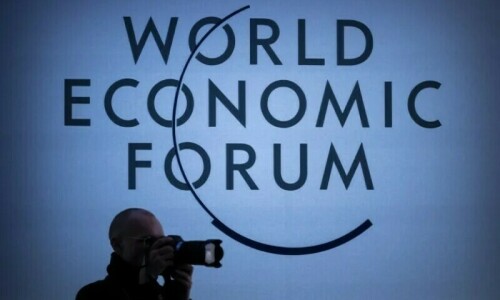FRANKFURT, July 24: Germany and France are gripped by grim business prospects, marking deepening gloom in the eurozone, data showed on Thursday, crimping room for the ECB to raise rates against inflation.
German business sentiment fell to near a three-year low point in July, with a key index posting the sharpest drop since the September 11 attacks in the United States.
Germany has the biggest economy in the 15-nation eurozone and in common with the rest of single currency area is struggling with high oil prices and the strength of the euro.
Across the eurozone, business activity also pulled back in July to the lowest level since just after the attacks in the United States in 2001, another leading survey showed.
In Germany, the monthly business climate index calculated by Munich-based economic research institute Ifo fell to 97.5 points from 101.3 points in June.
It was the lowest level since September 2005, and UniCredit Markets economist Andreas Rees noted that it was “the heaviest decline since 9/11 and the second strongest drop since reunification” of Germany in 1990.
In France, the official statistics institute Insee said its business climate index fell to 98 points in July from 101 points a month earlier, to mark its sixth straight decline to its lowest level since May 2005.
“Economic growth in the eurozone is coming almost to a halt,” Bank of America economist Holger Schmieding said. “Whichever way we cut and slice today’s data, they are plain bad.”
In Brussels, the eurozone’s purchasing managers’ index (PMI), compiled by data and research group Markit, slid more sharply than expected to its lowest level since November 2001.Capital Economics analyst Ben May said that “the latest very weak survey data from the eurozone will surely prevent the European Central Bank from raising interest rates further.
“On the face of it, the surveys suggest there is now even a risk of a technical recession in the region.”
In Germany, “the Ifo index is now falling like a stone and the worst might be yet to come,” Rees warned.
The indicator had already fallen sharply in June, and in the key manufacturing sector, “export business will no longer expand so rapidly, in the estimation of the manufacturers” which were less likely to take on additional workers, Ifo said.—AFP












































Dear visitor, the comments section is undergoing an overhaul and will return soon.